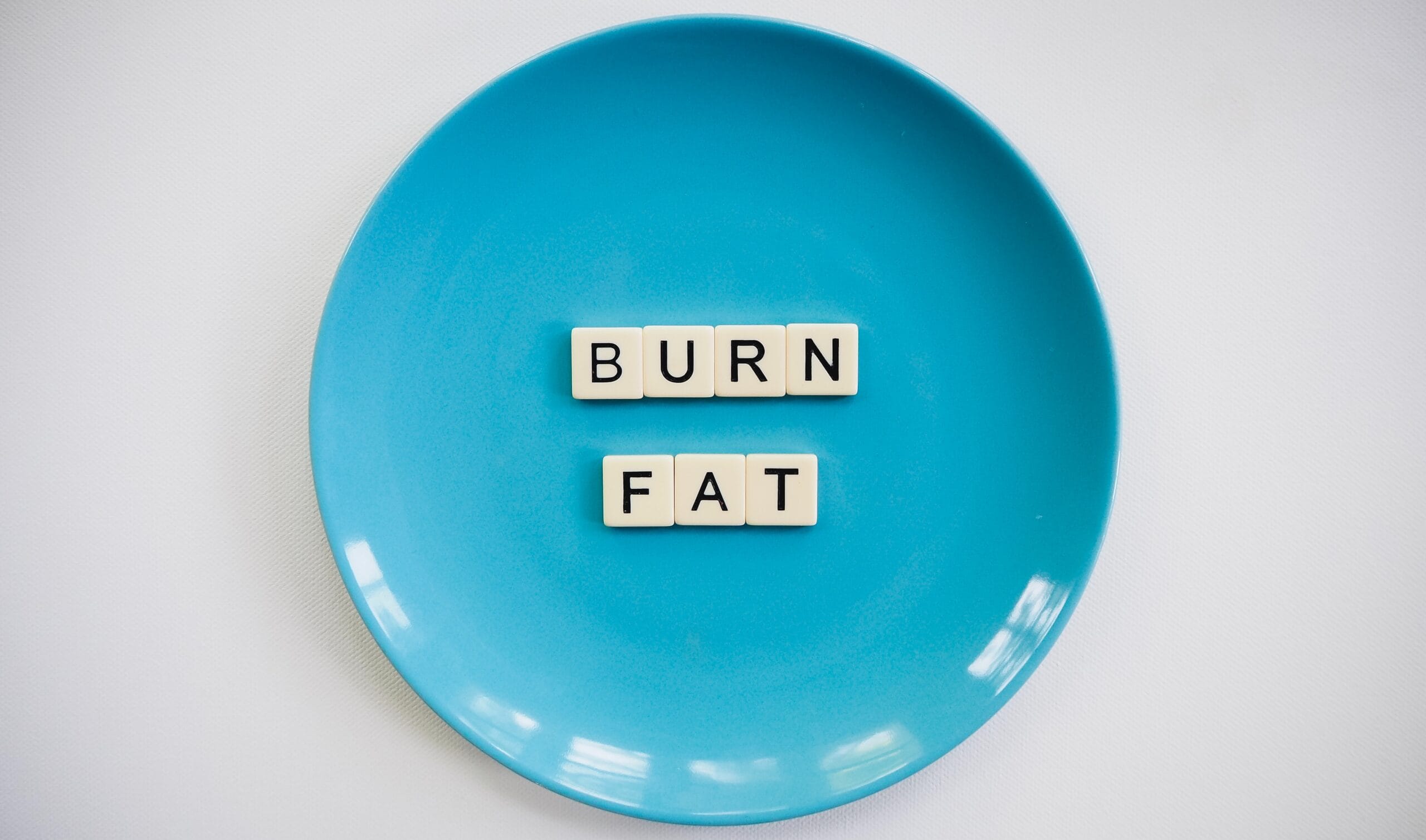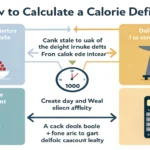Have your various attempts to loose weight failed each time? Perhaps the diet you chose to follow was not appropriate.
Why can’t I loose weight ?

Except for people with health problems, the cause of diet failure is almost always related to a diet that is not adapted to our needs and objectives.
A complete assessment for an adapted slimming program
Before starting a fitness and weight loss program, start by taking stock of your weight, your diet and your health.
Which diet for which profile to loose weight ?
You don’t have a large body fat? You already have a sporty lifestyle? Then the solution may lie in your diet. On the other hand, do you have very little muscle mass? Then you may need to consider an adapted sports program that will allow you to burn calories while building muscle and losing fat.
Each person is different, and each diet will be different: what helped one person lose weight may not work so well for someone else.
Loose Weight : Reducing stress and anxiety
Stress and anxiety can be significant obstacles in both your personal and professional life. They often lead to unhealthy coping mechanisms, such as compulsive snacking, which can make weight loss challenging. When you’re stressed, your body produces cortisol, a hormone that can increase appetite and cravings for high-calorie foods. This physiological response can make it difficult to stick to a diet and achieve your weight loss goals.
To manage stress and anxiety effectively, consider the following strategies:
- Mindfulness and Meditation: Practicing mindfulness and meditation can help reduce stress by promoting relaxation and a sense of calm. Techniques such as deep breathing, progressive muscle relaxation, and guided imagery can be particularly effective.
- Regular Exercise: Physical activity is a powerful stress reliever. It can help reduce anxiety by releasing endorphins, improving mood, and acting as a natural distraction from worries.
- Healthy Eating Habits: Focus on a balanced diet that includes plenty of fruits, vegetables, whole grains, and lean proteins. Avoid excessive caffeine and sugar, which can exacerbate anxiety.
- Adequate Sleep: Ensure you get enough restful sleep each night. Poor sleep can increase stress and anxiety levels, making it harder to cope with daily challenges.
- Time Management: Prioritize your tasks and break them into manageable steps. Effective time management can reduce the feeling of being overwhelmed by your responsibilities.
- Social Support: Seek support from friends, family, or a mental health professional. Talking about your stress and anxiety can provide relief and help you gain perspective.
- Hobbies and Interests: Engage in activities you enjoy and that can distract you from stress. Hobbies can provide a sense of accomplishment and relaxation.
- Limit Stimulants: Reduce your intake of stimulants such as caffeine and nicotine, which can increase anxiety levels.
- Professional Help: If your stress and anxiety are severe, consider seeking help from a therapist or counselor. Cognitive-behavioral therapy (CBT) and other therapeutic approaches can be very effective in managing anxiety.
Take your time
When dieting, motivation and determination are very important. If you’re on a diet and still can’t lose weight, don’t give up. Instead, ask yourself what you can do to improve the effects of your program: do you exercise? Are you in good physical and mental shape? Are you taking a treatment that tends to make you gain weight, etc.?
The problem is not necessarily with you, but perhaps with the solution you have implemented that was not the right one. For example, imposing a drastic diet and then returning to high calorie menus is not a good idea. It is better to gradually reduce the calories by adopting an active and healthier lifestyle.
Drink water to loose weight(especially before meals)
We keep saying it over and over again, drink lots of water. Drinking water can boost your metabolism by 24-30% over the course of about an hour, and helps your body burn calories, making it a great weight loss aid.
Eat eggs for breakfast if you need to loose weight

Eating whole eggs can provide numerous benefits, including weight loss. Scientific studies have shown that replacing a cereal-based breakfast with eggs can help reduce calorie intake over the following 36 hours, leading to greater body fat loss.
However, if you can’t eat eggs, there’s no need to worry. Any other quality protein source consumed at breakfast can offer similar benefits.
Loose Weight : Switch to coconut oil

Coconut oil is very good for your health. With its high level of special fats, called medium chain triglyceride, it is metabolized by the body differently than other fats.
It has been established by researchers that these fats stimulate the metabolism and make you burn 120 extra calories per day while reducing your appetite. In total, you will consume nearly 256 fewer calories per day.
Of course, it is not a question of adding coconut oil to what you have already cooked, but of replacing the oil that you use for your cooking.
Loose Weight : Cut down on sugar
Added sugar is the worst ingredient in our modern diet, and unfortunately, most of the population consumes too much of it.
Science proves that sugar consumption is strongly associated with the risk of obesity, diseases such as type 2 diabetes, heart disease and many others.
If you want to lose weight, you schould try to cut back on these added sugars.
Start a low-carb diet
If you’re aiming to reap the benefits associated with carbohydrate restriction, consider adopting a low-carb diet and committing to it. Numerous studies indicate that such a diet can help you lose 2 to 3 times more weight compared to a standard low-fat diet, all while improving various health markers.
Benefits of a Low-Carb Diet
- Weight Loss: Research consistently shows that low-carb diets are more effective for weight loss compared to low-fat diets. This is due to reduced insulin levels and an increased ability to burn stored fat.
- Improved Blood Sugar Control: Low-carb diets can significantly reduce blood sugar and insulin levels, which is particularly beneficial for people with diabetes or insulin resistance.
- Better Heart Health: Low-carb diets often lead to improvements in cardiovascular risk factors, including better cholesterol profiles and lower blood pressure.
- Reduced Hunger: High-protein and high-fat foods can be more satisfying than high-carb foods, which helps reduce overall calorie intake.
Getting Started with a Low-Carb Diet
- Understand Carbohydrates: Familiarize yourself with high-carb foods (bread, pasta, sugary snacks) and aim to reduce or eliminate them from your diet. Replace them with low-carb alternatives.
- Focus on Whole Foods: Emphasize whole, unprocessed foods such as vegetables, meats, fish, eggs, nuts, and seeds. These foods are naturally low in carbs and high in nutrients.
- Increase Healthy Fats: Incorporate healthy fats like avocados, olive oil, and nuts into your meals. These fats can help you feel full and satisfied.
- Moderate Protein Intake: While protein is essential, consuming it in moderation is key. Too much protein can be converted into glucose, potentially affecting ketosis in very low-carb diets.
- Stay Hydrated: Drink plenty of water and consider adding electrolytes, especially during the initial phase of the diet, to help mitigate symptoms like headaches and fatigue.
- Monitor Progress: Keep track of your weight, measurements, and how you feel overall. This will help you stay motivated and make any necessary adjustments to your diet.
Eat on smaller plates
Eating on smaller plates has been shown to automatically reduce the number of calories consumed. Researchers have looked at this issue and found that people tend to underestimate the amount of food they eat on large plates.
Loose Weight : Keep healthy food on hand
Keeping good food on hand can prevent you from eating something unhealthy when you feel peckish.
So have a few small snacks nearby that are easy to carry and simple to prepare, such as fruit, nuts, baby carrots, yogurt, hard-boiled eggs.
Do some aerobics

Aerobics (cardiovascular training) is a great way to burn calories and improve your physical and mental health.
Aerobics has been shown to be very effective in losing abdominal fat, the unhealthy fat that settles around the organs and causes metabolic problems.
Lifting weights
One of the side effects of dieting in general is the tendency for it to cause muscle loss and a slowing of the metabolism.
The best way to counteract this problem is to do some resistance training, such as lifting weights. Studies show that lifting weights keeps your metabolism strong, which prevents the loss of muscle mass.
Eat more fiber
High-fiber foods are often recommended when trying to lose weight. Although scientists are mixed on this issue, some studies show that fiber increases satiety and helps you keep your weight in check over the long term.
Fight food addiction
A recent 2014 study of 196,211 individuals shows that 19.9% of those surveyed met the criteria for food addiction.
If you suffer from uncontrolled cravings and can’t control your eating, you may be addicted to food.
If this is the case, it is important to get help, as it makes weight loss almost impossible.
Maintaining your weight without the yo-yo effect
Once the first few pounds have been lost, many people ask themselves the question: How can I manage to enjoy my new figure without falling back into my old ways? Remember: successful and lasting weight loss only works if you make fundamental and permanent changes to your eating habits.





